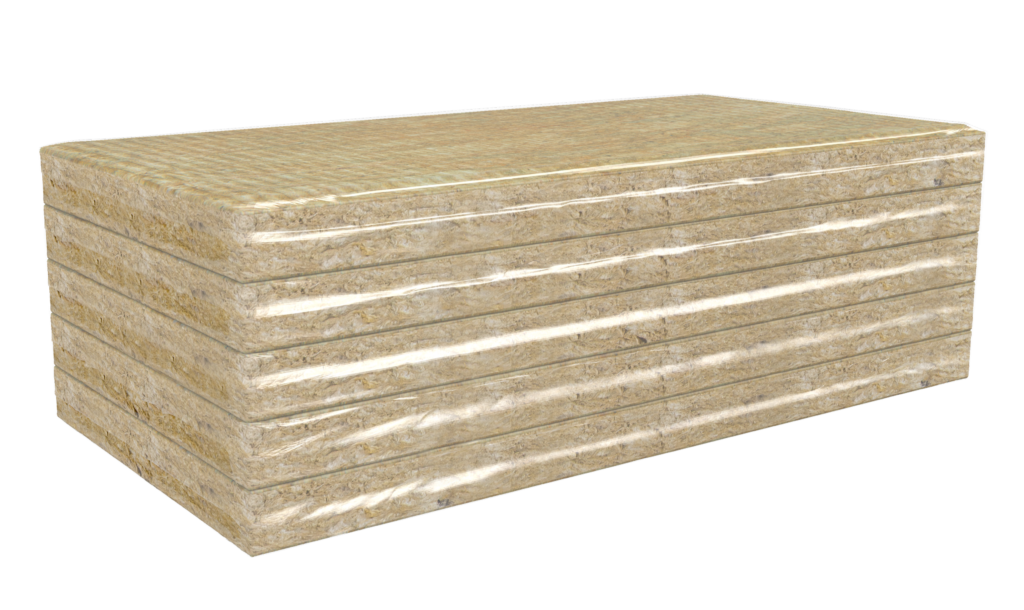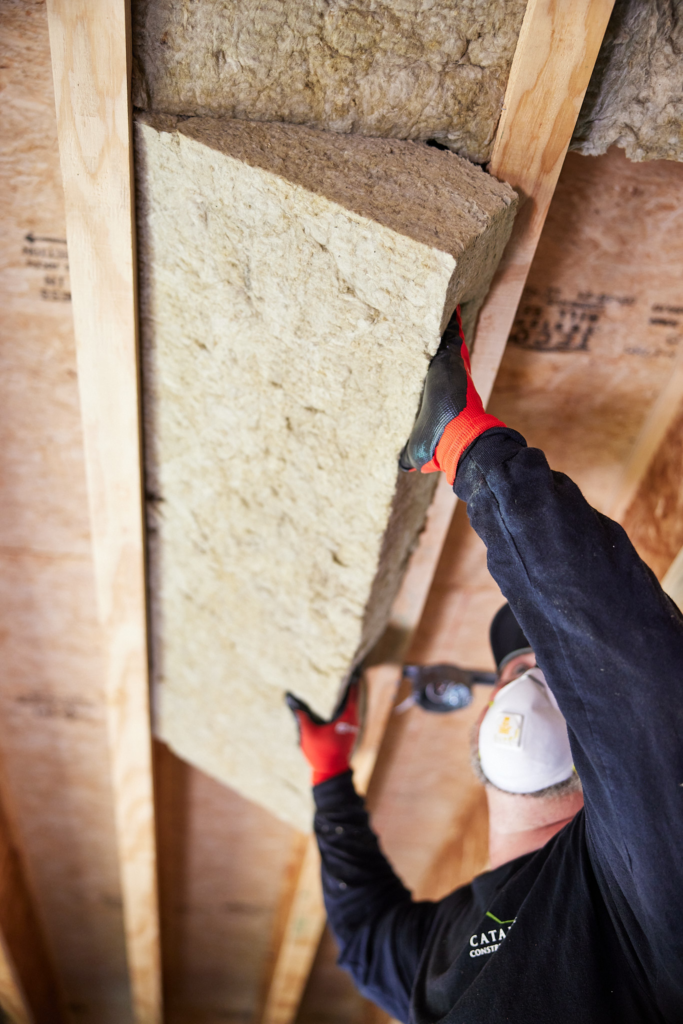Se você está pensando em como iniciar um negócio de isolamento, agora pode ser o momento perfeito para agir. Com a eficiência energética se tornando uma prioridade para os proprietários, construtores, e governos em todo o mundo, a demanda por isolamento está disparando. Desde parcerias com fornecedores de isolamento de lã de rocha até trabalho prático como empreiteiro de isolamento, existem muitos pontos de entrada lucrativos nesta indústria.
Mas o sucesso não vem apenas de saber o que é isolamento – vem da compreensão dos materiais certos, drivers de mercado, estratégias de negócios, e necessidades do cliente. Neste guia, exploraremos seis práticas, dicas detalhadas para ajudá-lo a lançar e expandir seu negócio de isolamento com confiança.
| Pontas | Foco principal | Resumo |
| 1 | Entenda os materiais | Aprenda sobre fibra de vidro, lã de rocha, espuma em spray, celulose, e folha para combinar os produtos com as necessidades do cliente. |
| 2 | Conheça os impulsionadores do mercado | Alinhe sua estratégia com tendências como regulamentações energéticas, demanda de construção verde, e aumento dos custos de energia. |
| 3 | Construir relacionamentos com fornecedores | Faça parceria com fornecedores confiáveis para qualidade, preços, e disponibilidade de estoque consistente. |
| 4 | Escolha um modelo de negócios | Decidir entre o contratante, distribuidor, híbrido, ou especialização de nicho. |
| 5 | Invista em habilidades & Treinamento | Obtenha conhecimento técnico, treinamento de segurança, certificações, e habilidades de atendimento ao cliente. |
| 6 | Mercado Efetivamente | Usar rede, presença on-line, marketing de conteúdo, e parcerias para atrair clientes. |
Compreenda os materiais principais para isolamento

Saiba quais materiais são necessários para isolamento
Antes de começar a vender ou instalar isolamento, você precisa ter clareza sobre as diferentes opções disponíveis – porque cada uma tem vantagens exclusivas. Comum materiais de isolamento incluir:
- Fibra de vidro – Leve, acessível, e amplamente utilizado em paredes, sótãos, e espaços de rastreamento. É fácil de instalar, mas requer precauções de segurança devido às fibras finas.
- Lã de rocha (Lã Mineral) – Altamente resistente ao fogo, à prova de som, e resistente à umidade. Muitos fornecedores de isolamento de lã de rocha atendem aos mercados residencial e industrial.
- Espuma em spray & Placas de espuma – Oferecem excelente vedação ao ar e alta resistência térmica, tornando-os ideais para atualizações de eficiência energética.
- Celulose – Uma opção ecológica feita de papel reciclado, frequentemente tratado para resistência ao fogo.
- Folha reflexiva – Perfeito para climas quentes onde a reflexão do calor radiante é fundamental.
Ao dominar os pontos fortes e fracos de cada material, você poderá aconselhar os clientes de forma eficaz e escolher os produtos certos para o seu mercado.
Pesquise os impulsionadores do mercado de isolamento

Entenda por que a demanda está aumentando
Saber o que impulsiona o mercado de isolamento ajuda você a alinhar sua estratégia de negócios com oportunidades crescentes. Os principais impulsionadores incluem:
- Regulamentos de Eficiência Energética – Os governos de todo o mundo estão a impor códigos de construção mais rigorosos que exigem um melhor isolamento.
- Sustentabilidade e tendências de construção verde – Mais clientes estão procurando produtos ecologicamente corretos, materiais de isolamento de baixo carbono.
- Crescimento da construção & Urbanização – Cidades em expansão e projetos de infraestrutura criam uma demanda constante por isolamento.
- Aumento dos custos de energia – Proprietários de residências e empresas querem reduzir as contas de aquecimento e refrigeração.
- Inovações Tecnológicas – Novas tecnologias de isolamento estão melhorando o desempenho, tornando as atualizações mais atraentes.
Compreender essas tendências ajuda você a decidir se deve focar em reformas residenciais, novas construções comerciais, ou aplicações industriais.
Construa relacionamentos sólidos com fornecedores

Escolha os parceiros certos para o seu negócio
Seus fornecedores podem fazer ou quebrar seu negócio. Parcerias confiáveis significam que você pode entregar no prazo, manter a qualidade, e dimensione com confiança. Aqui está o que procurar:
- Variedade de produtos – Trabalhar com fornecedores de isolamento de lã de rocha e outros materiais para atender às diversas necessidades dos clientes.
- Garantia de Qualidade – Garanta que os produtos atendam aos padrões de segurança e desempenho para proteger sua reputação.
- Preços competitivos – Negociar taxas em massa ou descontos de fidelidade para melhorar as margens de lucro.
- Disponibilidade de estoque consistente – Atrasos na entrega podem resultar em perda de projetos e clientes frustrados.
- Suporte Técnico – Alguns fornecedores oferecem treinamento, materiais de marketing, e orientação de instalação para ajudá-lo a ter sucesso.
Escolha o modelo de negócios certo

Decida como você irá operar no mercado
Ao planejar como iniciar um negócio de isolamento, você precisa escolher um modelo de negócios que se adapte às suas habilidades, capital, e demanda do mercado:
- Empreiteiro de Isolamento – Prestação de serviços de instalação para residências, comercial, ou clientes industriais.
- Distribuidor de Materiais – Fornecimento de produtos de isolamento para empreiteiros, construtores, e varejistas.
- Modelo Híbrido – Combinando vendas e instalação para maiores margens de lucro.
- Nicho Especializado – Foco em um tipo de isolamento, como espuma em spray ou celulose ecológica, construir uma posição única no mercado.
Selecionar o modelo certo garante que você atinja o público certo e simplifique as operações desde o início.
Invista em habilidades, Treinamento, e Certificação
Construir credibilidade profissional
Em uma indústria onde o desempenho impacta o conforto, segurança, e custos de energia, especialização é importante.
- Conhecimento Técnico – Compreenda os valores R, métodos de instalação, e compatibilidade de materiais.
- Treinamento de segurança – Manuseio adequado da fibra de vidro, lã de rocha, e espuma em spray é essencial para a segurança do trabalhador e do cliente.
- Certificações da Indústria – Credenciais como certificações de auditor de energia ou status de instalador aprovado pelo fabricante podem aumentar a confiança.
- Habilidades de gerenciamento de projetos – Gerenciamento de cronogramas, orçamentos, e as expectativas do cliente mantêm os trabalhos no caminho certo.
- Habilidades de atendimento ao cliente – Uma boa comunicação transforma compradores de primeira viagem em clientes recorrentes.
Divulgue seu negócio de isolamento de maneira eficaz
Atraia e retenha clientes
Mesmo os melhores produtos e serviços não serão vendidos sem marketing. Para se destacar:
- Rede local – Construir conexões com construtores, arquitetos, e administradores de propriedades.
- Crie uma forte presença online – Um site profissional, Perfil comercial do Google, e a atividade nas redes sociais aumentam a visibilidade.
- Marketing de conteúdo – Publique blogs úteis, como “Como escolher o material de isolamento correto” ou “Benefícios do isolamento Rockwool”.
- Depoimentos de clientes – Mostre sucessos anteriores para construir a confiança de clientes em potencial.
- Programas de Parceria – Colabore com empreiteiros de isolamento ou incorporadores imobiliários para referências de projetos em andamento.
Conclusão: Transformando conhecimento em um negócio próspero

A indústria de isolamento oferece uma combinação promissora de demanda constante, crescente consciência ambiental, e diversas oportunidades de negócios. Ao compreender quais materiais são necessários para o isolamento, pesquisando os impulsionadores do mercado de isolamento, construindo relacionamentos confiáveis com fornecedores, e comercializar seu negócio de forma eficaz, você se preparará para o sucesso a longo prazo.
Se você pretende ser um empreiteiro de isolamento de ponta, um distribuidor confiável, ou um especialista em produtos de nicho, como fornecedores de isolamento de lã de rocha, a chave é combinar conhecimento técnico com planejamento de negócios inteligente. Comece forte, continue aprendendo, e veja sua empresa crescer neste mercado em constante evolução.
Perguntas frequentes
1. Quão lucrativo é o negócio de isolamento?
A rentabilidade depende do seu segmento de mercado e da eficiência operacional. Os empreiteiros muitas vezes desfrutam de altas margens de mão de obra, enquanto os fornecedores se beneficiam de vendas em massa e pedidos repetidos.
2. Preciso de uma licença para iniciar um negócio de isolamento?
Em muitas regiões, sim. Os requisitos variam de acordo com o local, especialmente para trabalhos de instalação. Verifique sempre os regulamentos locais.
3. Como encontro fornecedores confiáveis?
Participe de feiras, conecte-se com fornecedores verificados de isolamento de lã de rocha, e solicite amostras de produtos para testar a qualidade antes de confirmar.
4. Qual é o futuro da indústria de isolamento?
Com regulamentações energéticas mais rigorosas, aumento dos preços da energia, e uma mudança em direção à construção sustentável, espera-se que a demanda cresça significativamente na próxima década.

















